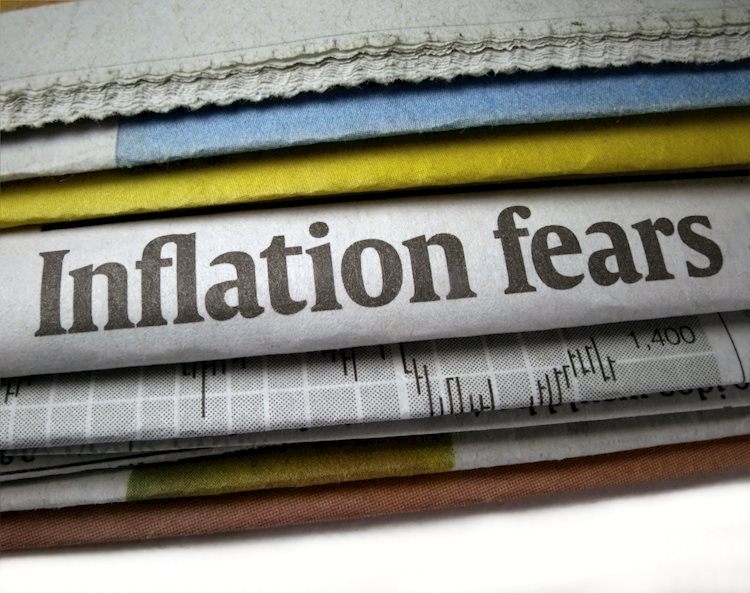US PCE Price Index Overview
Friday’s US economic docket highlights the release of the March Personal Consumption Expenditure (PCE) Price Index, scheduled later during the early North American session at 12:30 GMT. The headline gauge is expected to edge higher from 6.4% YoY in February to 6.5% during the reported month. The core reading, however, is anticipated to have eased to 5.3% YoY in March from 5.4% previous and rose 0.3% on a monthly basis, down from 0.4% in February.
How Could it Affect EUR/USD?
Ahead of the key release, a sharp US dollar corrective pullback assisted the EUR/USD pair to snap a six-day losing streak to its lowest level since January 2017 touched the previous day. That said, expectations that the Fed would adopt a more aggressive policy response to curb soaring inflation should act as a tailwind for the buck. Stronger PCE figures will reinforce market bets and provide a fresh lift to the greenback.
Conversely, softer-than-expected readings might prompt traders to continue unwinding their USD bullish bets and offer additional support to the major, though any meaningful recovery still seems elusive. Concerns about the economic fallout from the ongoing Ukraine crisis might hold back traders from placing aggressive bullish bets around the shared currency. This, in turn, suggests that any further move up is more likely to attract fresh sellers and runs the risk of fizzling out rather quickly.
Eren Sengezer, Editor at FXStreet, outlined important technical levels to trade the EUR/USD pair: “The Fibonacci 23.6% retracement of the latest trend seems to have formed a key resistance level at 1.0600. In case the pair rises above that level and makes a four-hour close there, the next recovery target could be seen at 1.0660 (Fibonacci 38.2% retracement) ahead of 1.0700 (Fibonacci 50% retracement, 50-period SMA on the four-hour chart).”
“Ideally, the Relative Strength Index (RSI) indicator, which is currently located at around 40, would rise above 50 in such a move, possibly attracting additional buyers. On the downside, interim support aligns at 1.0520 (static level) before 1.0500 (psychological level) and 1.0470 (multi-year low set on April 28),” Eren added further.
Key Notes
• EUR/USD Forecast: Euro eyes 1.0660 as next recovery target
• US Dollar Index comes under pressure near 103.00 ahead of PCE
• EUR/USD: Limited correction to 1.0560/70, with outside risk to 1.0650 – ING
About the US PCE Price Index
The Personal Spending released by the Bureau of Economic Analysis, Department of Commerce is an indicator that measures the total expenditure by individuals. The level of spending can be used as an indicator of consumer optimism. It is also considered as a measure of economic growth: While Personal spending stimulates inflationary pressures, it could lead to raise interest rates. A high reading is positive (or Bullish) for the USD.

 RULE-BASED Pocket Option Strategy That Actually Works | Live Trading
RULE-BASED Pocket Option Strategy That Actually Works | Live Trading